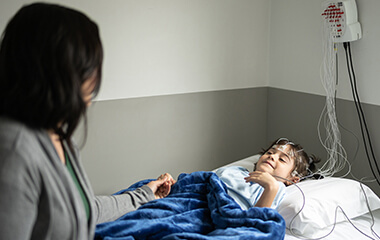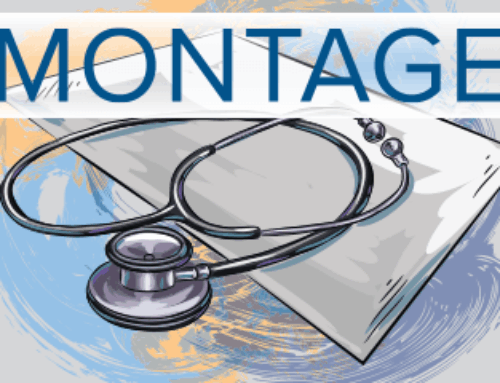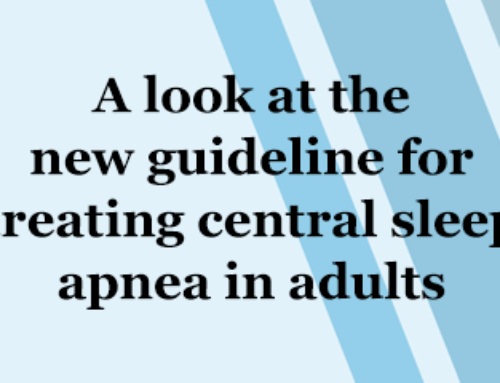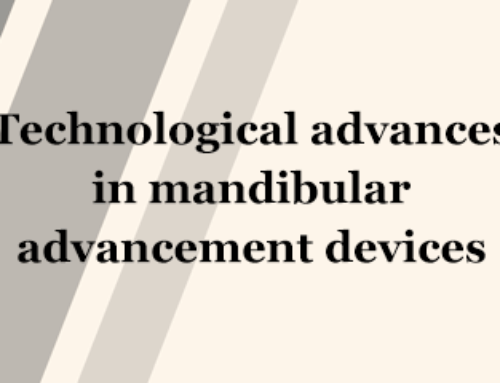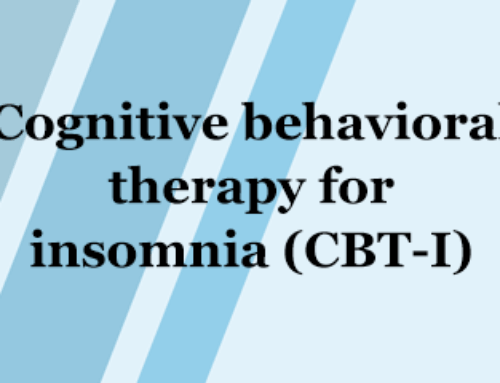By Binal Kancherla, MD, FAAP
The COVID-19 pandemic brought about many changes to the operations in sleep laboratories around the country. Many had to ultimately shut down and limit services to patients. Luckily, most adult sleep centers still had the ability to perform at-home sleep testing and continue care for adults with suspected sleep apnea. Unfortunately, many pediatric sleep centers across the country did not have this option. Children are a particularly vulnerable group that require in-lab, attended sleep testing to diagnose a variety of sleep disorders. Treating sleep disorders in children poses a unique challenge to many of us trained in sleep medicine. There are fewer pediatric specialty trained clinicians available, and the referral needs remain high. At most academic pediatric centers, subspeciality appointments are booked six to nine months in advance.
Currently, at Texas Children’s Hospital (TCH), we receive an average of 50 referrals a day for the sleep medicine program. Our sleep center has quadrupled in size over the last 10 years, yet the demands have far outpaced this growth. The focus on screening for sleep disorders in children has also increased. The negative effects of poor sleep on childhood development and the relationship between sleep and other comorbid conditions such as childhood obesity, ADHD, developmental concerns, and growth concerns, has led to a push for more thorough sleep evaluations in children.
To better serve these children, we developed a comprehensive, multidisciplinary pediatric sleep program. We have been able to set up a 23-bed facility across three hospital sites, with plans to expand to 30 beds and four hospital sites in the next two years. Clinical evaluation by a board-certified sleep medicine specialist is best practice when caring for these children. Partnership across specialties is a key aspect of our program, which includes otolaryngology, pulmonary medicine, child psychology, child neurology, bariatric medicine, and inpatient medicine. Referrals are screened not only for sleep laboratory and sleep clinic needs, but also for further evaluation by other specialties within our tertiary care hospital.
Patient safety is always at the forefront, as it was even prior to the COVID pandemic. Pediatric patients often require more lengthy visits and special protocols for complex scenarios. For these reasons, Texas Children’s Hospital Sleep Center has set up extensive safety policies including 1:1 sleep technologist to patient ratios, respiratory therapists in the sleep laboratory at every shift, and board-certified sleep medicine physicians on call. In addition, an extensive training pathway for sleep center staff includes a detailed sleep education program with special patient simulations and yearly training refreshers. In addition, our sleep technologists undergo a three-month onboarding and training pathway that is specific to pediatrics.
Advanced practice providers also serve as extenders to care. With increasing clinic wait times, and physician workforce shortages across all specialties, it is imperative to create innovative models of care. Our center has developed a pathway for training pediatric advanced practice providers to partner with physicians in managing sleep disorders in children. This allows our physicians to focus on more complex sleep patients and interpretation of polysomnograms while still meeting sleep clinic needs. The training pathway for advanced practice providers includes a pediatric sleep-focused curriculum with frequent ongoing professional practice evaluations throughout the year.
Many sleep centers across the country are facing ongoing challenges related to staffing, training and meeting patient demands. Unfortunately, the pediatric demands for sleep medicine services far exceed the availability at most centers. We hope to continue to serve our patients with innovative practice models, sustained growth and expansion, and unique training pathways to meet these increasing demands. Collaboration across specialties is a key component of a successful pediatric sleep program. It will remain imperative for hospitals and clinicians to understand the importance of sleep medicine as a unique discipline that encompasses many specialties and affects children at multiple levels.
Learn more about the sleep center at Texas Children’s Hospital at https://www.texaschildrens.org/departments/sleep-center.
Binal Kancherla, MD, FAAP, is the medical director at Texas Children’s Hospital Sleep Medicine Program and an associate professor at Baylor College of Medicine.
This article appeared in volume eight, issue three of Montage magazine.

